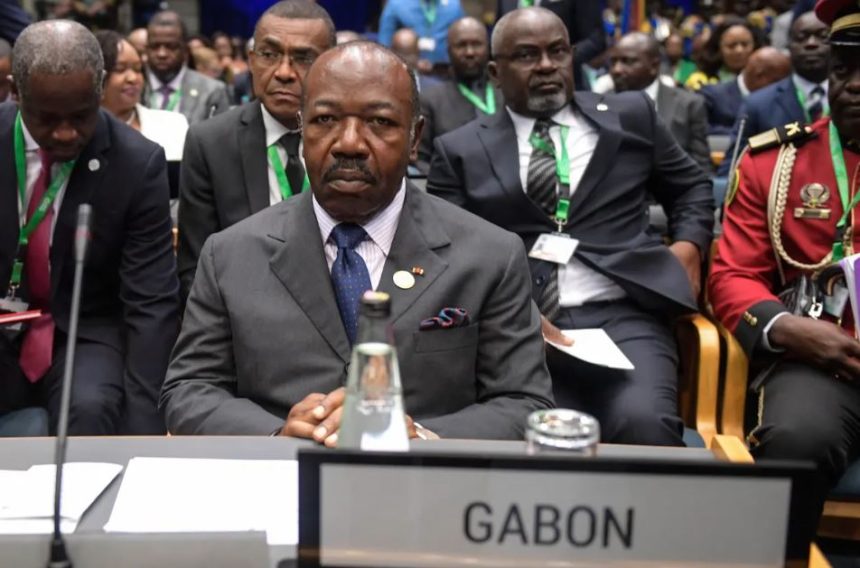Ali Bongo Ondimba, who was ousted in a coup last August, has addressed the people of Gabon in an open letter. In the letter, the former president announced his decision to permanently retire from politics and called for the release of his wife, Sylvia Bongo, and his son, Noureddin Bongo, who have been detained and charged since the fall of the Bongo regime.
He condemned their imprisonment, stating that they are being held “for crimes for which their guilt has yet to be proven” and labeled them as “scapegoats” for a situation beyond their control.
Bongo acknowledged “shortcomings on the social and institutional level” during his presidency, accepting full responsibility. He also called for “national reconciliation” to heal the nation’s divisions.
The letter, shared on Wednesday, September 18, has drawn mixed reactions. In Libreville, some citizens remain skeptical about Bongo’s sincerity.
One resident remarked, “His regret seems calculated. If he were truly remorseful, he would advocate for the release of those he imprisoned during his rule.”
Another expressed conflicted emotions, torn between forgiveness and skepticism. However, others were more open to reconciliation, with one saying, “We forgive him. In Gabon, we are united, and I hope we can move forward.”
There is widespread questioning of Bongo’s motives, with many wondering why his plea focuses solely on his wife and son, ignoring other detainees, such as members of the so-called “Young Team” and political prisoners jailed during his presidency.
Former First Lady Sylvia Bongo Valentin, 61, faces charges of money laundering, forgery, and fraud, while Noureddin Bongo has been charged with corruption and embezzlement, along with several ex-ministers.
Despite these developments, Ali Bongo has not been charged, although he claims he is not fully free, stating that his movements are restricted by the military, and that he remains without news of his family.
The mixed public sentiment reflects ongoing uncertainty about Bongo’s intentions and the future of Gabon’s political landscape.





